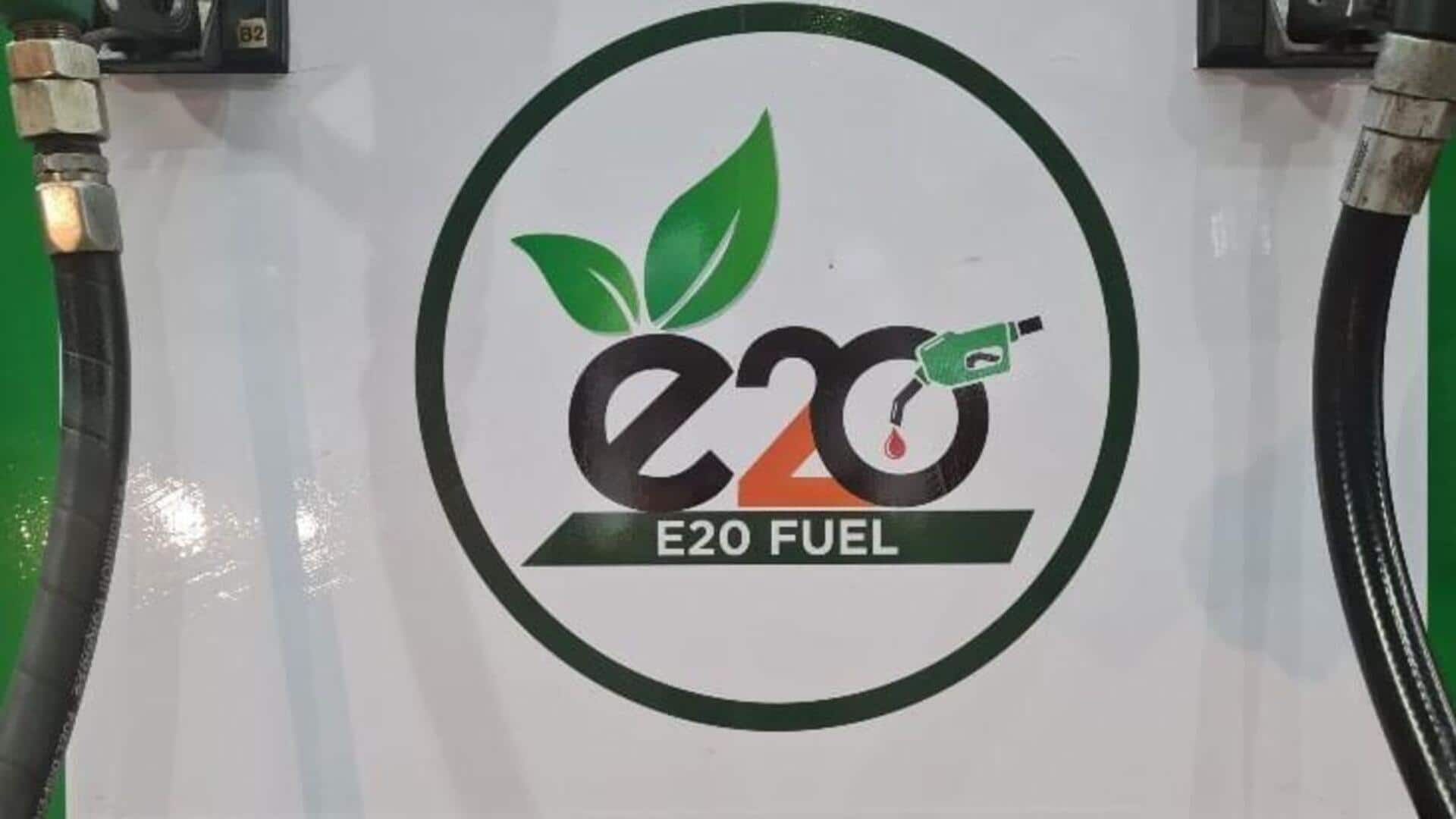
Supreme Court dismisses PIL against rollout of E20 fuel
What's the story
The Supreme Court has dismissed a public interest litigation (PIL) challenging the rollout of 20% ethanol-blended petrol (E20). The plea was filed by advocate Akshay Malhotra, who argued that vehicles made before April 2023 aren't compatible with E20 fuel. He sought directions for the availability of ethanol-free petrol and mandatory labeling of ethanol content at fuel stations.
Government's stand
Government defends decision, questions petitioner's credentials
The central government opposed the plea, arguing that E20 fuel benefits sugarcane farmers. Attorney General R Venkataramani defended the decision, saying "somebody from outside could not dictate what petrol to use." He also questioned Malhotra's credentials. Advocate Shadan Farasat, appearing for Malhotra said, "E20 is logical progression but cars need to be made compatible along with engine calibration. Non-availability of E10 petrol for existing customers is what we are challenging. We want options. We do not want E20 to go."
Vehicle concerns
Ethanol blending could corrode engine parts, reduce fuel efficiency
The petition claimed that ethanol blending could corrode engine parts and reduce fuel efficiency. It also alleged that such damage wouldn't be covered by insurance. Malhotra's plea cited international norms where ethanol-free petrol is available and composition is displayed at pumps. The Society of Indian Automobile Manufacturers (SIAM) reported a 2%-4% decrease in mileage with E20 but said it's safe to use.
Economic impact
NITI Aayog report on E20
A 2021 NITI Aayog report revealed E20 could reduce mileage by up to 6%. It also highlighted challenges like developing compatible parts and optimizing engines for higher ethanol blends. Despite concerns over fuel efficiency drops and vehicle compatibility, SIAM's executive director P.K. Banerjee said no breakdowns or engine failures have been reported due to E20 usage in older vehicles. The NITI Aayog report estimated a successful E20 program could save India $4 billion (₹30,000 crore) annually.